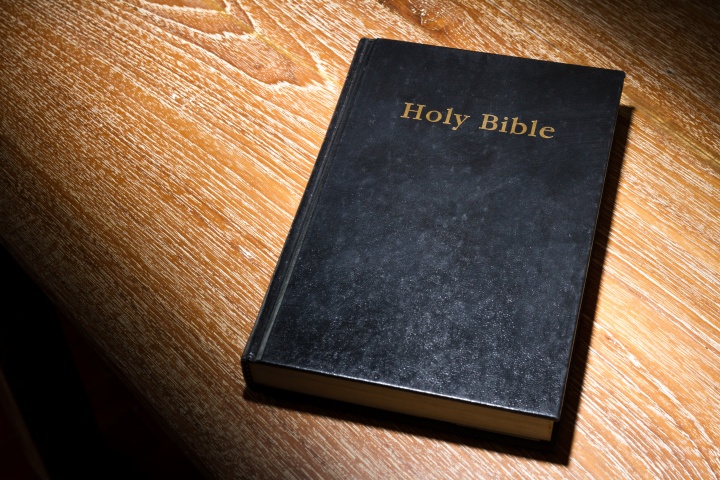Do Some Verses Deny a Divine Family?
Downloads
Do Some Verses Deny a Divine Family?

Yet there are some passages of Scripture that might at first glance seem to deny any plurality in the Godhead. Unitarians latch onto such verses to argue that Jesus cannot be God along with the Father while many Trinitarians use such verses to deny man's destiny of becoming part of the God family.
In Deuteronomy 32:39 God states, "Now see that I, even I, am He, and there is no God besides Me." In Isaiah 45:5 He says, "I am the Lord, and there is no other; there is no God besides Me." And Isaiah 44:6 tells us, "Thus says the Lord, the King of Israel, and his Redeemer, the Lord of hosts: 'I am the First and I am the Last; besides Me there is no God.'"
So can the Father and Christ both be God in light of these verses? Yes, They can. According to several passages in the New Testament, the One who spoke these words was the One who became Jesus Christ. Indeed, Jesus refers to Himself as the First and the Last in the book of Revelation (Revelation 1:11; Revelation 17:1-18; Revelation 2:8; Revelation 22:13). Yet wouldn't the Father, then, be another God besides Him? No—the Father is not another God. Rather, the Father and Jesus Christ are both God. But how so?
Trinitarians would argue that this is because the Father, Son and Holy Spirit are one triune being. But the true explanation is that the one God is the one God family. In fact, the Hebrew word for "God" in these verses is the plural Elohim (see "Elohim: The Plurality of God"). Yet so unified is the family that Christ as divine Spokesman speaks with singular voice on the Father's behalf.
The real message in these pronouncements is that there is no other God apart from the true God—that is, outside the God family now consisting of two divine Beings, the Father and the Son. In short, the God family alone is God. This even allows for the addition of others to the divine family—a truth spelled out in Scripture, as explained in this chapter.
But what of the following verses? In Isaiah 42:8 God says, "I am the Lord, that is My name; and My glory I will not give to another, nor My praise to carved images." Does that mean human beings cannot receive divine glory? Other passages reveal that God will indeed share His divine glory with His children who are transformed into His image. What, then, is meant here? Note that in parallel, God will not share praise with idols. We should understand His not sharing glory in the same way. God will not share divine glory with any false gods. Rather, the true God's glory is reserved exclusively for the true God—but, again, the true God means the one God family to which others will yet be added.
And lastly, God states in Isaiah 43:10, "Before Me there was no God formed, nor shall there be after Me." Again, the word "God" here is translated from the plural Elohim. And of courseno God could be formed before or after God—for there is no such time as before or after God, who is eternal. The point here is that God has always been God and always will be. He will never be replaced. And those who are added to the family are not separately formed gods but, rather, spring from the Father's very being as His own children—becoming part of the one God family with the Father and Christ.
Thus, none of these verses contradict the biblical truth that God is a family—presently with two divine members, the Father and Jesus Christ, and multitudes more yet to be added.
